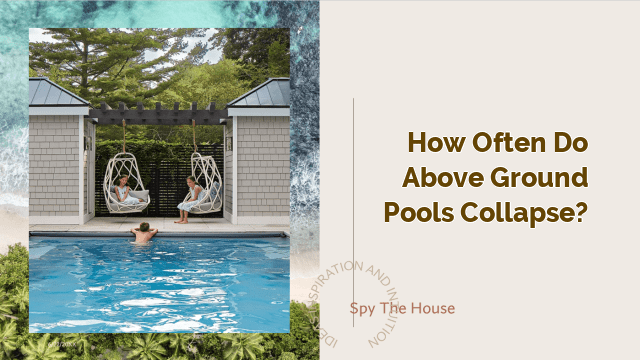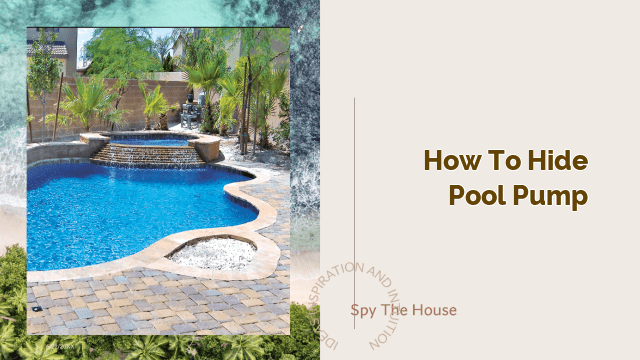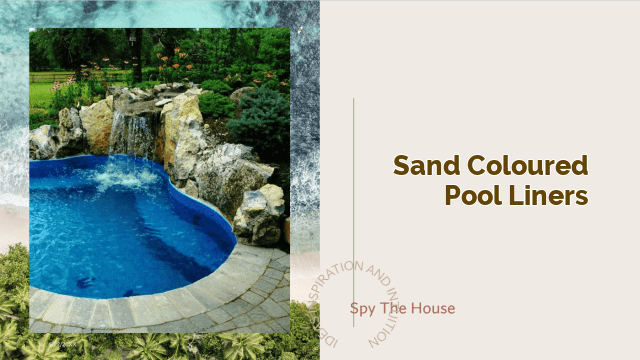How Often Do Above Ground Pools Collapse?
Above ground pools are a popular choice for families and individuals looking for an affordable and accessible way to cool down during the hot summer months. However, concerns about safety and durability have caused some people to wonder: how often do above ground pools collapse? In this article, we’ll explore the factors that can contribute to pool collapse and provide some tips on how to keep your pool safe and secure.
Explaining Pool Collapse
Pool collapse can occur for a variety of reasons, including poor installation, inadequate maintenance, and extreme weather conditions. Here are some of the most common causes of above ground pool collapse:
Poor Installation
If an above ground pool is not installed properly, it can be at risk of collapsing. This can happen if the ground underneath the pool is not level, if the pool supports are not sturdy enough, or if the pool walls are not anchored securely. In some cases, the pool may even collapse during installation if the workers do not follow proper safety protocols.
Inadequate Maintenance
Regular maintenance is essential for ensuring the safety and longevity of an above ground pool. If the pool is not cleaned and maintained properly, it can develop leaks, corrosion, or other structural problems that can increase the risk of collapse. In addition, neglecting to replace worn or damaged parts can cause the pool to become unstable over time.
Extreme Weather Conditions
Above ground pools are designed to withstand a certain amount of wind, rain, and snow. However, if the weather becomes too severe, the pool can be at risk of collapse. High winds can cause the pool walls to buckle or bend, while heavy snow or rain can put too much pressure on the pool supports, causing them to give way.
Preventing Pool Collapse
Fortunately, there are several steps you can take to prevent your above ground pool from collapsing. Here are some tips to keep in mind:
Choose a Good Location
When selecting a location for your pool, make sure the ground is level and firm. Avoid areas that are prone to flooding or erosion, as these conditions can weaken the pool supports over time.
Follow Proper Installation Procedures
If you’re installing the pool yourself, be sure to follow the manufacturer’s instructions carefully. If you’re hiring a professional installer, make sure they have experience working with above ground pools and that they follow proper safety protocols.
Maintain Your Pool Regularly
Clean your pool regularly and replace any worn or damaged parts as soon as possible. Check the pool supports and walls for signs of corrosion or other damage, and make any necessary repairs promptly.
Protect Your Pool from Extreme Weather
If you live in an area that experiences high winds, heavy snow, or other extreme weather conditions, take steps to protect your pool. This may include installing a windbreak, using a pool cover, or draining the pool before a major storm.
How Often Do Above Ground Pools Collapse?
The frequency of above ground pool collapse varies depending on a number of factors, including the quality of the pool, the installation procedures used, and the level of maintenance performed. While it’s difficult to provide an exact percentage, it’s safe to say that most above ground pools do not collapse if they are installed and maintained properly.
Pool Collapse Statistics
According to a study by the U.S. Consumer Product Safety Commission, there were an estimated 4,200 above ground pool-related injuries treated in emergency departments in 2019. However, the study did not provide specific data on the number of pool collapses that occurred.
Types of Collapses
Pool collapses can range from minor structural damage to complete failure of the pool walls and supports. In some cases, the collapse may be caused by a single event, such as a severe storm. In other cases, the collapse may be the result of years of neglect and inadequate maintenance.
Conclusion
In conclusion, while above ground pool collapse is a concern for many pool owners, it is a relatively rare occurrence if the pool is installed and maintained properly. By choosing a good location, following proper installation procedures, maintaining your pool regularly, and protecting it from extreme weather, you can help ensure that your above ground pool remains safe and secure for years to come.
People Also Ask
What Causes Above Ground Pools to Collapse?
Above ground pools can collapse due to poor installation, inadequate maintenance, and extreme weather conditions.
How Can I Prevent My Above Ground Pool from Collapsing?
Choose a good location, follow proper installation procedures, maintain your pool regularly, and protect it from extreme weather.
What Are Some Signs that My Above Ground Pool is at Risk of Collapsing?
Signs that your above ground pool may be at risk of collapsing include bulging or buckling walls, sagging supports, and visible signs of corrosion or other damage.






